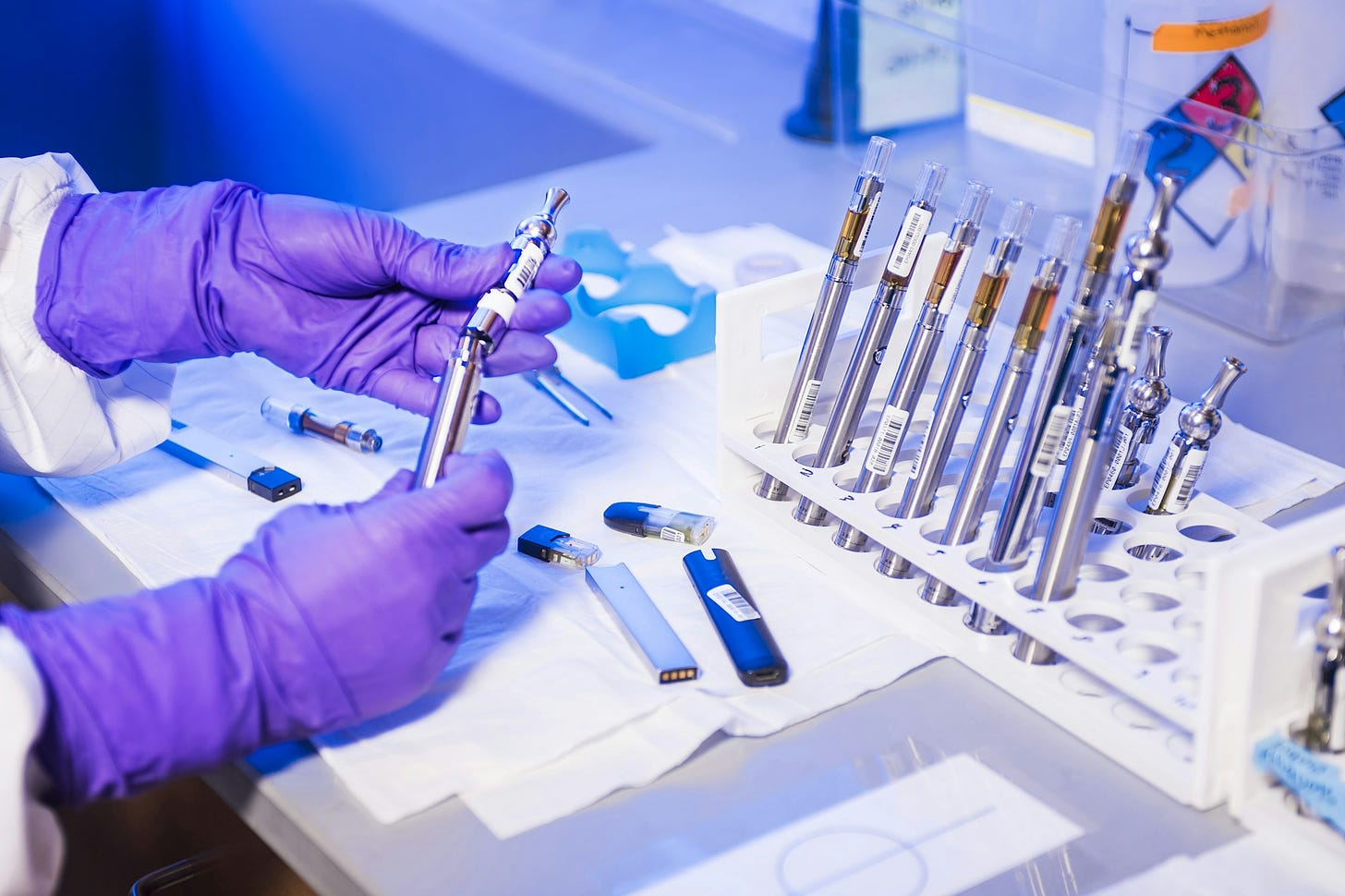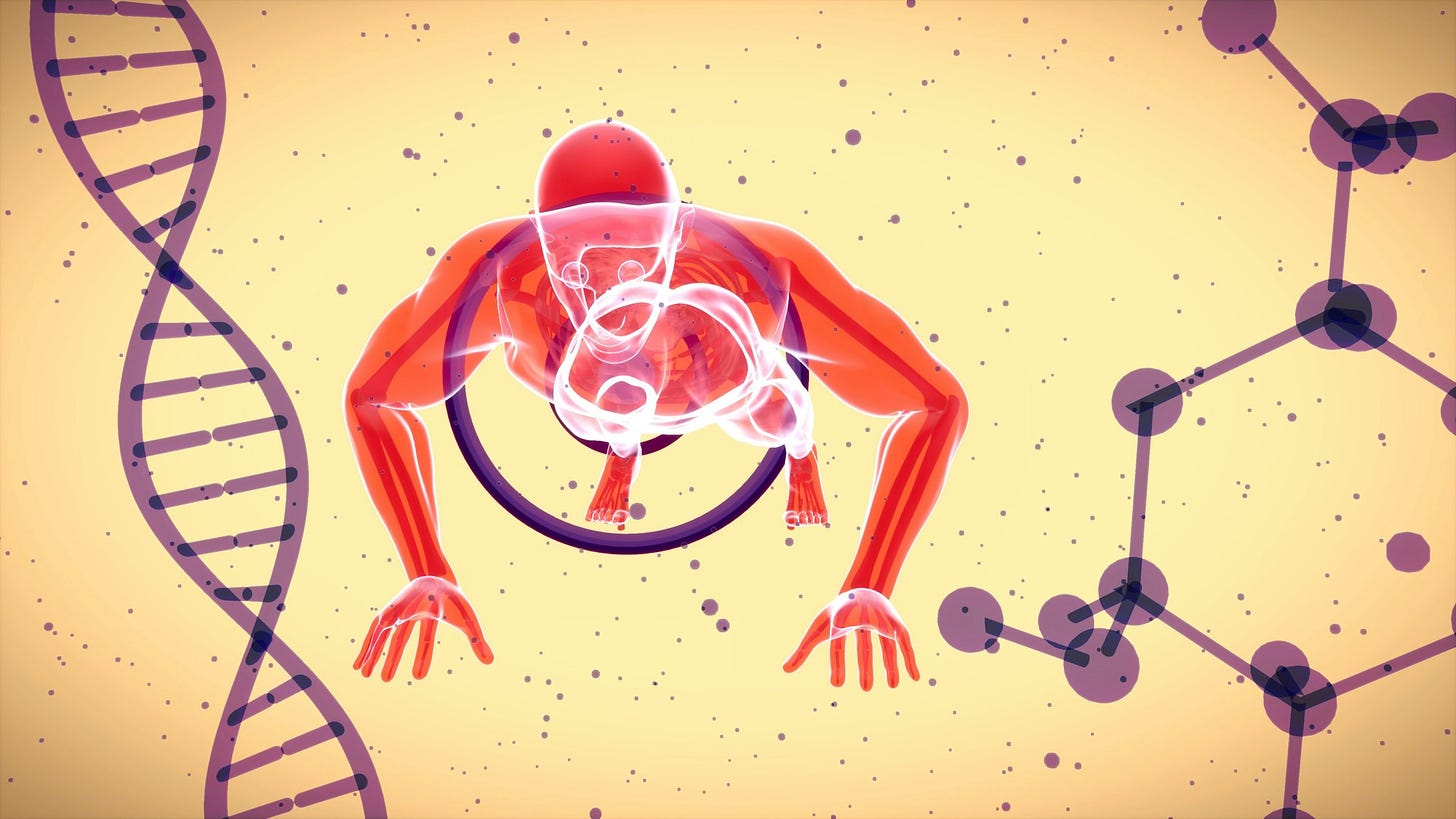CRISPR-Cas9: The Gene-Editing Revolution That's Changing Healthcare
What You Need to Know About the Technology That's Set to Transform Medicine
In the ongoing history of human advancement, few developments will be as revolutionary as the genomic era.
This period is marked by our newfound capability to decipher and manipulate the fundamental blueprint of life: DNA.
At the heart of this revolution lies a pioneering technology known as CRISPR-Cas9.
This tool is not only redefining the field of genetic research, but also holds the potential to transform healthcare for humanity.
This purpose of this article is to inform and enlighten a diverse audience about the genomic revolution, with a particular focus on CRISPR-Cas9’s role in revolutionizing healthcare.
This article aims to provide readers with a basic understanding of gene editing and the specific mechanics of CRISPR-Cas9.
Additionally, the article aspires to cultivate optimism about the future of healthcare by highlighting how these advancements could lead to more personalized, efficient, and precise medical treatments.
CRISPR-Cas9: The Gene-Editing Revolution That's Changing Healthcare
Unveiling the Power of Gene Editing
Gene editing involves the precise alteration of an organism’s genetic material.
Similar to editing a sentence in a book, it allows scientists to remove errors (mutations) or add new content (genes) to correct or enhance the genetic narrative.
The implications of gene editing are vast, influencing every facet of biology from agriculture to medicine, with healthcare likely to witness the most significant impact.
CRISPR-Cas9: The Pinnacle of Precision in Gene Editing
CRISPR-Cas9 is distinguished from other gene-editing tools by its precision, efficiency, and adaptability.
Originally discovered as part of the bacterial defense system, CRISPR (Clustered Regularly Interspaced Short Palindromic Repeats) works with the Cas9 enzyme to identify and slice specific DNA sequences.
Scientists can direct Cas9 to any desired location in the genome using a small RNA fragment that matches the target sequence. Once Cas9 makes a cut, the cell’s natural repair systems can be used to delete, add, or modify genetic information.
The straightforward and potent nature of this method has ignited a genetic revolution, enabling research and applications that once seemed decades away.
Revolutionizing Healthcare for Humanity
Curing Genetic Disorders: Diseases like cystic fibrosis, sickle cell anemia, and Huntington's disease are caused by genetic mutations. CRISPR-Cas9 has the potential to correct these mutations directly in patients' DNA, offering permanent cures rather than temporary relief.
This breakthrough could drastically improve the lives of millions suffering from genetic conditions, providing hope where there once was little.
Combating Cancer: CRISPR is being utilized to engineer immune cells to better recognize and attack cancer cells, a promising strategy known as CAR-T cell therapy. It also holds potential for halting cancer progression by targeting specific genes involved in tumor growth and development.
Preventing Infectious Diseases: Gene editing may enhance human resistance to infections such as HIV and hepatitis B by disabling or altering receptors that viruses use to infect cells. CRISPR-Cas9 could open new paths for prevention and treatment of these diseases.
Ethical and Accessibility Considerations: As with any revolutionary technology, CRISPR-Cas9 raises important ethical questions, particularly regarding gene editing in human embryos or the creation of "designer babies." Furthermore, ensuring that these advancements are accessible to all, regardless of geographic location or economic status, is crucial for the benefits of the genomic revolution to be fully realized.
The Future is Here
The genomic revolution, driven by CRISPR-Cas9, is not a far-off dream—it is unfolding now.
Clinical trials for gene-editing therapies are currently underway, and CRISPR-modified products are beginning to enter the market.
As we navigate this new landscape, the possibility of eradicating genetic diseases, revolutionizing cancer treatment, and preventing infectious diseases promises a future of more personalized, effective, and equitable healthcare.
Integrating gene editing into mainstream medicine is a complex journey filled with challenges, yet the potential rewards—healthier lives, disease eradication, and longer lifespans—are unparalleled.
Standing at the brink of these extraordinary advancements, it’s evident that the genomic revolution will be a pivotal chapter in human history, with CRISPR-Cas9 leading the way toward a healthier future for all.
Engage in the Revolution: Contribute to the Future of Healthcare
As we approach a groundbreaking shift in healthcare, led by CRISPR-Cas9 and gene-editing technologies, the moment to engage is now!
Whether you are a patient, healthcare professional, researcher, or simply passionate about the promise of a healthier future, your participation is vital.
Educate Yourself and Others: Knowledge is empowering. Dive into gene editing and its potential impact on healthcare. Share your insights with friends, family, and colleagues to spread awareness about this groundbreaking technology.
Stay Updated: Gene editing is a rapidly advancing field. Stay up to date on the latest developments and breakthroughs by subscribing to relevant newsletters, following key organizations on social media, and reading scientific literature.
The future of healthcare is being crafted today, and everyone has a role to play in shaping its trajectory.
By staying informed, engaging in thoughtful discussions, and keeping up with the latest research, you can help ensure that the genomic revolution ushers in a brighter, healthier future for all. Let’s seize the possibilities together—be part of the movement toward a new era of medicine.
Final Thoughts
As we look toward the promising future steered in by CRISPR-Cas9 and the broader realm of gene editing, it's apparent that we aren’t mere spectators of the genomic revolution; we’re active contributors to its influence on healthcare's future.
The path from grasping CRISPR-Cas9's basic principles to witnessing its potential in practical applications is both thrilling and challenging. '
The potential to cure genetic disorders, revolutionize cancer treatment, prevent infectious diseases, and even prolong human life is within our reach, offering a glimpse into a future where the frontiers of medicine are ever-expanding.
Thank you for reading this article.
MEDICAL DISCLAIMER
This content is for informational and educational purposes only. It is not intended to provide medical advice or to take the place of such advice or treatment from a personal physician. All readers/viewers of this content are advised to consult their doctors or qualified health professionals regarding specific health questions. All viewers of this content, especially those taking prescription or over-the-counter medications, should consult their physicians before beginning any nutrition, supplement or lifestyle program.









Thank you 🙏🏼
Another amazing article, with fascinating insights into these groundbreaking bio-technologies and there potential, thanks for sharing